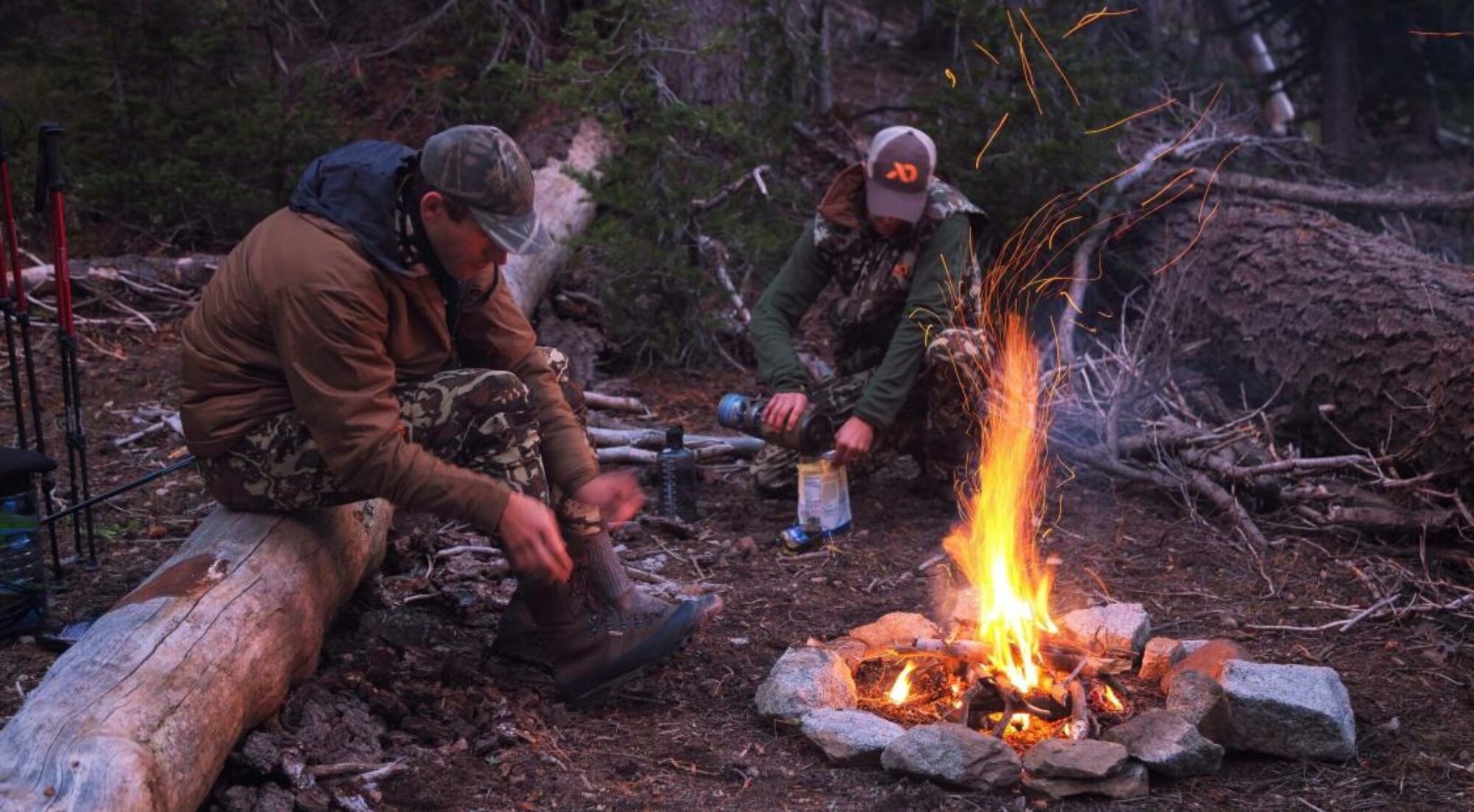The 72-Hour Wilderness Challenge: Master Real Survival Skills in Just One Weekend
Take one long weekend and step into the woods with almost no gear. That’s the **72-hour wilderness challenge**. In three days, you learn to find water, build fire, make shelter, protect yourself from the elements, forage food, and navigate without GPS. FEMA says everyone should survive 72 hours on their own — this **72-hour wilderness challenge** lets you prove it to yourself while the sun shines, not when disaster forces you. No fear, just fun, fresh air, and skills you’ll keep forever.
Why the 72-Hour Wilderness Challenge Works So Well
Seventy-two hours feels exactly right. It’s long enough to push you, short enough to fit a normal weekend. You leave work Friday evening and drive home Monday feeling like a different person. Most people never test their gear or skills until it’s too late. This challenge flips the script: you test everything on purpose, fix what fails, and come home unbreakable.

You don’t need to be an expert. Thousands of regular people — teachers, nurses, office workers — finish the **72-hour wilderness challenge** every year and say the same thing: “I had no idea I could do that.” The woods become your classroom and confidence becomes the final exam.
Best part? You spend almost nothing. Use the stuff in your garage, borrow a backpack, and go. When you finish, you own real survival skills instead of another dusty emergency kit in the closet.
Your Ultra-Light Gear List for the 72-Hour Wilderness Challenge
Pack light and pack smart. Everything fits in a normal school backpack and weighs under 25 pounds. Here’s the exact list I use:
– Tarp (8×10 ft) + 50 ft of paracord
– Metal water bottle + Sawyer Mini filter
– Ferro rod + small knife
– Headlamp + extra batteries
– First-aid kit (bandages, duct tape, ibuprofen)
– Poncho
– One freezer bag of trail mix (eat only the first night)
That’s it. Leave the tent, sleeping bag, and stove at home on purpose. You build shelter, gather food, and make fire with your hands. Light pack = big learning.
Pick Your Perfect Spot for the 72-Hour Wilderness Challenge
You don’t need remote Alaska. Most Americans live within two hours of free public land. Use these quick steps:
1. Open freecamping.net or the USDA Forest Service map.
2. Look for green areas marked “dispersed camping allowed.”
3. Choose a spot with water (stream or lake) and plenty of dead wood.
4. Drive there Friday after work.
My favorite spots:
– National forests (free, no permit needed for small groups)
– BLM land in the West
– Many state forests on the East Coast
Arrive before dark, set a small base camp, and start your timer. Three days just began.

Day 1 – Water, Fire, Forage
Drink first. Fill your metal bottle from a moving stream, squeeze it through the Sawyer filter, and boil it over a fire for extra safety. Now you have clean water for the whole weekend.
Next, build fire with one match or your ferro rod. Gather pencil-thick dry sticks, shave a feather stick, and light it. Keep that fire alive — it becomes your stove, water purifier, and morale booster.
Forage easy wins:
– Cattails (the young shoots taste like cucumber)
– Dandelion greens (bitter but safe)
– Acorns (boil twice to remove tannin — turns into nutty flour)
Eat light. Your body runs fine on half rations for 72 hours and you train your hunger instead of feeding it.

Day 2 – Build a Shelter That Actually Works
Pick a fallen tree or two close trees. Lean long branches against it to form an A-frame. Layer armfuls of leaves until the pile reaches your knee — that’s 18–24 inches of insulation. Crawl in with your tarp as a ground cloth. You’ll stay 20 °F warmer than outside air. Test it Saturday night and sleep like a bear.
Rain? String your bigger tarp overhead as a roof. Ten minutes of work keeps you dry all night.
Day 3 – Navigate Home Without Electronics
Turn your phone off and stash it. Use these simple tricks instead:
– Sun compass: In the morning the sun rises in the east. Stick a shadow stick in the ground and mark the tip every 15 minutes — the line points east-west.
– Watch method: Point the hour hand at the sun. Halfway between the hour hand and 12 o’clock is south (in the northern hemisphere).
– Handrail navigation: Follow a stream downhill — it always leads to bigger water and roads.
Walk 300 yards away from camp, spin around twice, and find your way back. When you do it, you’ll grin like a kid who just won the game.
The Reset You Bring Home
Monday morning you drive out of the woods different. You made fire with sticks. You drank water you purified yourself. You slept warm under leaves you gathered. No YouTube video gave you that feeling — you earned it.
Those three days prove something huge: you can handle way more than you thought. The next time the power goes out for a week or the grocery shelves empty, you won’t panic. You’ll smile, because you already lived it — on purpose, for fun, in the **72-hour wilderness challenge**.
Ready for your turn? Get your gear. Pick your weekend. The woods are waiting.
Other resources:
I hope this has been helpful and inspiring. If you have any comments, questions or input please do so in the box below.
Thanks!





